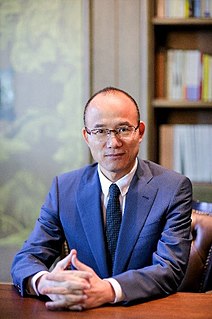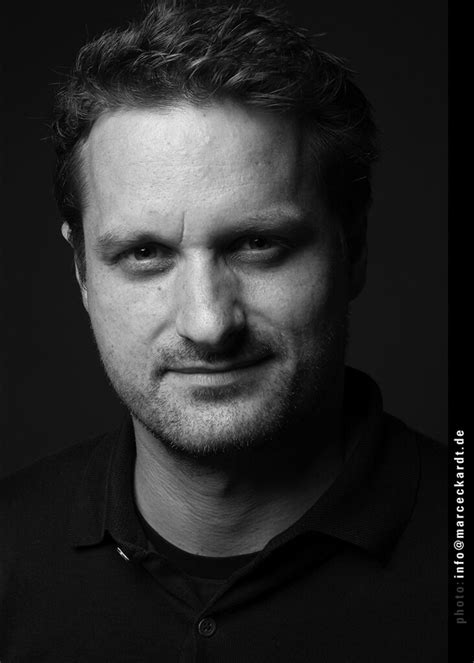A Quote by Chris Matthews
I think the Clintons are going to make their decision based on the merits. And their focus, like mine, is on middle class jobs. We`re in a different world than 1994. The China we dealt with in 1994 is a lot different than the China today in 2015.
Related Quotes
We [USA and China] have a common responsibility with different numerical targets, and that's the situation ultimately we are going to have with China. We emit six times more per person than they do. It's hard to tell them to cut theirs in half right now until we start moving. Being the ostrich with your head in the sand and tail feathers in the air like some would have us to do while China continues to pollute is simply not an option.
The BRIC countries - Brazil, India, China, Turkey, South Africa, Indonesia even, and Russia - are now new actors. Over the last eight years, China multiplied by seven its economic presence and penetration in the Middle East. And if this happens on economic terms and there is a shift towards the East, the relationship between these countries and Israel is completely different from the United States. And it means that the challenges are going to be different, because China is not supporting Israel the way the U.S. are supporting Israel.
What is applicable is to understand that first of all China has undergone a huge revolution in the last years. Anyone who saw China as I did in 1971 - and for that matter even in 1979, because not much had changed between 1971 and 1979 - and sees China today, knows one is in a different economic system.
Well, I think we are seeing some shifts in manufacturing. China, when you go in and you talk to the big manufacturers there, the biggest problems in mainland China are recruiting and retention. There isn't an endless supply of cheap labor anymore in China. And it's now true that the labor rates in Mexico are lower than in China.
It requires a different holistic approach and a recognition that it's not simply a question of stepping into China's shoes. Our 'Make in India' has to be different from China's in the sense that we have to do a 'taal-mel' or 'jugalbandi' of our IT skills that exist and our evolving manufacturing skills and become intelligent manufacturers.

































